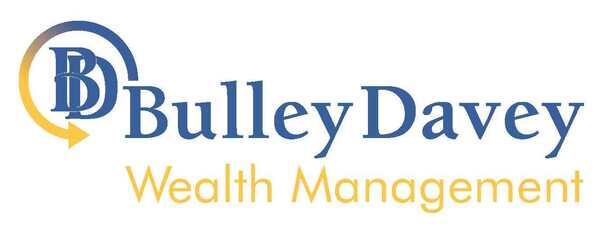With the Coronavirus Act gone and inflation growing, Chancellor Rishi Sunak has set out changes that will affect businesses and the cost of living over the next few years, many of which have already come into effect.
We are here to let you know what those changes may mean for you and your business.
Tax cuts
One of the first announcements was the raising of the National Insurance contribution (NIC) threshold to £12,570, a £3,000 increase rather than the planned £300.
This means that from 6 July, the primary threshold for class 1 NICs and lower profits limit for class 4 NICs will both be raised to this threshold.
With that said, the 1.25% hike in NICs is still going ahead as part of the health and social care levy, which is expected to raise roughly £12 billion a year to help pay in part for the NHS backlog.
The Government has said that 70% of NICs payers will pay less NICs, although the Resolution Foundation believes that with all changes considered, 7 in 8 workers will end up paying more NICs and income tax overall.
Income tax will be cut as of April 2024 from 20% to 19%, which the Government says will save hard-working taxpayers £175 a year.
One announcement which has already come into effect is the fuel duty cut. The prices of both petrol and diesel have dropped by 5p per litre and will stay this way for the next year, helping to save hundreds of pounds for drivers.
Changes were also confirmed for R&D tax relief, including the inclusion of data and cloud computing costs as qualifying expenditure, and a focus on R&D carried out in the UK.
Support for homeowners
As we all know, the cost of living has been increasing over the last few years, affecting hard-working families across the country.
In a bid to support homeowners, the Government announced it would be doubling the household support fund to £1 billion.
This fund, which has been distributed to local councils, will allow homeowners who have been hit the hardest by the rising cost of living to apply for grants. To find out more on how to apply, visit the Government website.
People who install solar panelling or make other energy-efficient improvements to their home will no longer have to pay VAT on those purchases, as the VAT rate for energy-saving materials was reduced from 5% to zero for five years.
Business rates
Businesses which have struggled over the past couple of years due to COVID-19 will still see some relief.
Hospitality, leisure and retail relief replaced the previous retail discount scheme on 1 April 2022. This gives eligible businesses a 50% cut to their business rates for 2022/23, up to a cap of £110,000 per business.
The British Independent Retailers Association (BIRA) has stated that the business rates cut isn’t enough.
Andrew Goodacre, CEO of BIRA, said:
“While we support cuts in fuel duty and an increase in NI allowance, this is nowhere near enough to offset 300% increases in energy, 100% increase in rates and double digit increases in the cost of employment.”
He added: “Increases in product costs are easier to pass on to consumers, but these rising overhead costs are not, which ultimately means a very difficult year for small retailers.”
These rates will then be reviewed in 2023 based on 2021 rental values, meaning a potential decrease in bills.
What you can do next
Although not everyone was happy with the level of support offered in this year’s Spring Statement, the measures offer a starting point that you can build on with careful tax and financial planning.
As financial experts, we can address any of your concerns and guide you through any impacts these changes will have on your business.
